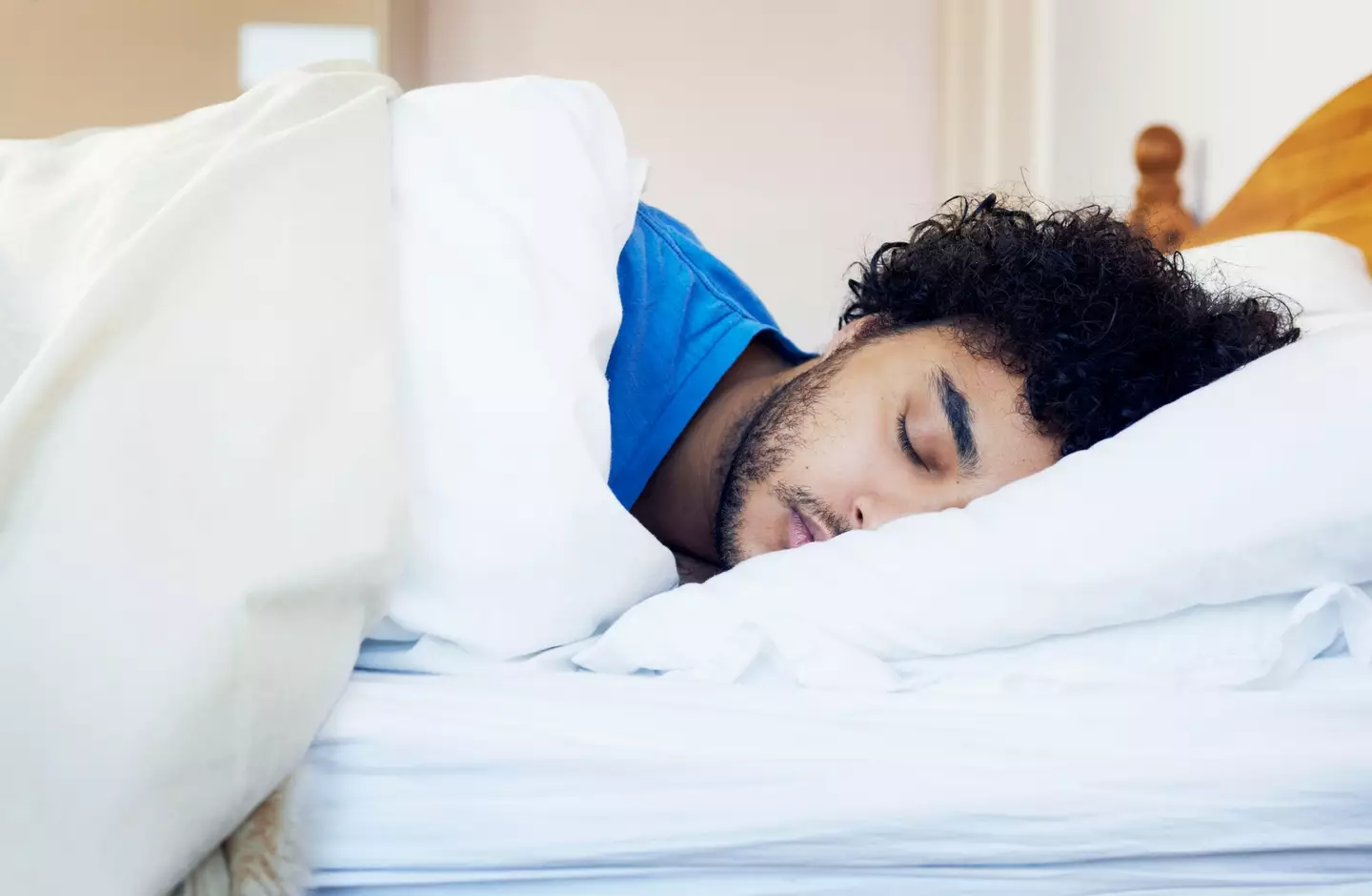A medical professional has shed light on why sleeping only five hours a night could reduce your life span.
Many of us know that the ideal amount of sleep is eight hours, though reaching this target can often be challenging.
Whether it’s due to an early work shift or stress keeping you awake, getting that perfect amount of rest isn’t always feasible.
While some individuals manage on just five or six hours, a doctor on TikTok has detailed why this habit can be harmful to your well-being.
Dan Friedrich shared in a popular video that consistently getting insufficient sleep might result in ‘an early death’.
“If you think that you can survive on only four to five hours of sleep every night, you’re going to have an early death,” he stated.
https://www.tiktok.com/@username/video/7259551410377739566
“Studies have repeatedly demonstrated that the optimal sleep duration is between six and eight hours per night, ideally at least seven.”
He added: “Sleeping more than nine hours is also detrimental, but getting less than five is the worst choice you could make.
“It increases mortality rates across various areas, including cardiovascular disease and other illnesses linked to minimal sleep.”
Previous research has correlated a lack of sleep with a higher chance of neurological issues like Alzheimer’s. Those sleeping fewer than six hours regularly face a greater risk of stroke, heart issues, kidney problems, and diabetes.
A 2022 study by US researchers found that individuals sleeping less than 4.5 hours or more than 6.5 hours might experience more cognitive decline.

Writing for The Conversation, senior psychology lecturer Greg Elder highlighted: “The study showed that sleeping longer than 6.5 hours was associated with cognitive decline over time – this is low when we consider that older adults are recommended to get between seven and eight hours of sleep every night.
“It could be the case that it isn’t necessarily the length of the sleep that matters, but the quality of that sleep when it comes to risk of developing dementia.”
Healthline advises those aged 18 to 64 to aim for seven to nine hours of sleep nightly, while individuals 65 and older need seven to eight hours of rest.

